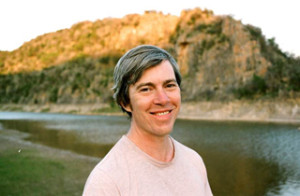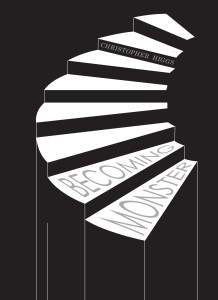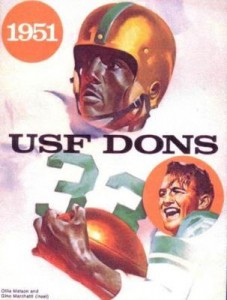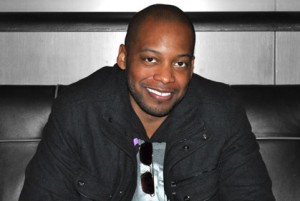 Two things about this reading from our visiting writer I feel so lucky to have scored my first year here:
Two things about this reading from our visiting writer I feel so lucky to have scored my first year here:
- “There’s no such thing as formlessness.” — This as a kind of refrain toward the end of his reading “No Easy Task”. TSE (fortunate poetic initials; I’ve heard Thomas now twice make Prufrock jokes) read with James Middlename Louis/Lewis, a saxophonist, who played along. It was great, a performance more than a reading, esp. for this poem about performance. At any rate, I found it useful advice, particularly at a time when I’m wanting less control in my paragraphs, or I’m wanting to exert less control over my paragraphs.
- Poems don’t have a lock on poetry. — This in response to a person’s question about the pressures Ellis feels to progress as a poet, or with his poems. Poems are something we exchange or talk about in workshops, but poetry is something harder to grasp and something larger. Something regarding imagination, invention, and so on. I, self-absorbedly, tried to see if there’s a nonfiction equivalent. I think some would argue that essays don’t have a lock on essaying, and that’s true in a way I can’t do much with. It’s true that poets and fiction writers essay. I often like to say that memoirs don’t have a lock on nonfiction, but again—Ellis’s statement isn’t quibbling over subgenres’ ownership of the genre. I see it as a project: what art of nonfiction can the nonfictioneer practice beyond the page. What, that is, other than winning at pub trivia night, which I hope to do again this Thursday with my stellar team: Panda Express?
Perhaps what’s most exciting about Thomas being here this year at USF is that his latest book, Skin Inc., has a section titled “The Judges of Craft”. Here’s its epigraph:
Thanks for your note. We’re actually very interested in poems that address issues of race and racism and wish we could run more of them. Most of what we get in that regard is mere subject matter; that is, there’s not enough craft to carry to content (though this is certainly not the case with “Spike Lee at Harvard,” which I am sure you’ll place somewhere very good).
There’s enough to be said about “craft” as a concept and as a law in the instruction and proliferation of writing, but that’s another post. This one’s about this: yearlong visiting writers are such a valuable resource (potentially) to writing programs they should be granted a kind of tenure. It’s an incredible thing to have a well published, well respected member on the full faculty who’s leaving at the end of the year. Every program needs such a shake up.









